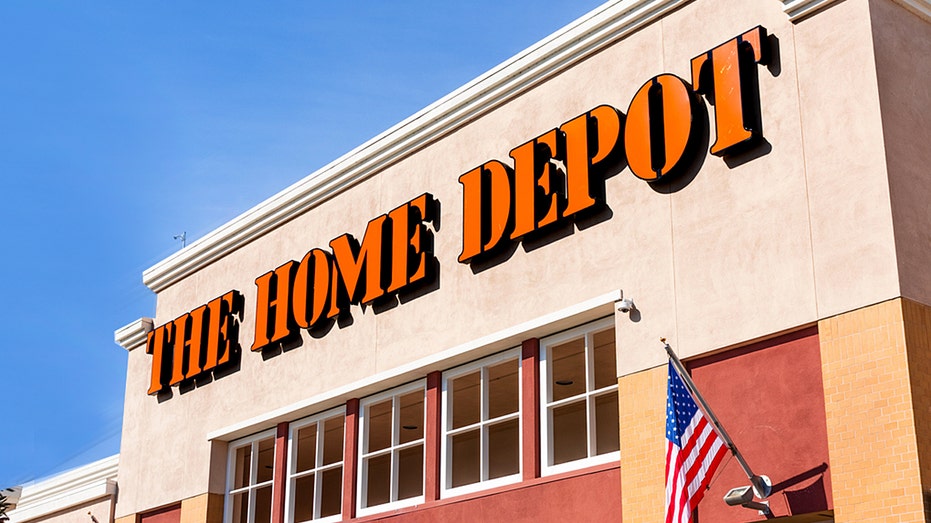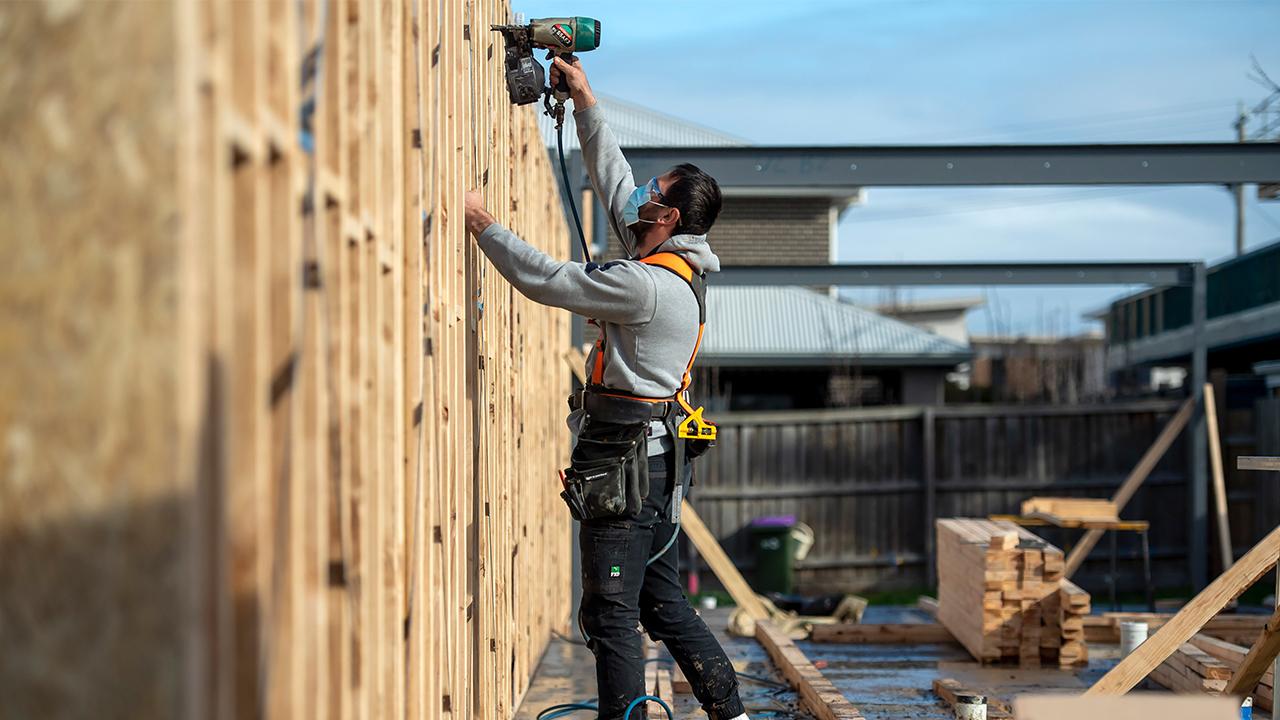Home Depot sees sales boost as Americans take up do-it-yourself projects during pandemic
Many Americans, confined to their homes, tackled long-neglected household projects
When the coronavirus pandemic began earlier this year, Home Depot, like many other stores throughout the U.S., expected a downturn in traffic. Instead, many Americans stuck at home and saving money turned their attention to painting, building, fixing and decorating.
Home Depot has experienced a surge in foot traffic, far exceeding growth projections from the previous year. Since April, daily foot traffic to its stores has hovered around 35% above 2019, The Wall Street Journal reported, citing data from Unacast, Inc., which tracks location data from 25 million cellphones each day.
While many stores were forced to accelerate their shift online, Home Depot mostly stayed open, boosting sales as foot traffic increased.

Despite coronavirus restrictions, Home Depot has reported a surge in sales this year. (iStock)
Even as the U.S. economy froze due to restrictions put in place to curb the spread of the coronavirus, Home Depot’s comparable sales rose 6.4% in the company's fiscal first quarter, more than double what the growth was in the same period a year ago.
The scramble to adapt to the pandemic has forced company executives to reevaluate business models.
In July, CEO Craig Menear, 63, told the Journal that the company’s pre-pandemic ways of thinking no longer appy.
“All of the historical benchmarks that we’ve used to think about the business and what the growth in the business would be, like GDP and housing … none of that has a correlation anymore,” Menear said.
The momentum though has started to stagnate as the summer winds down and the virus rebounds in parts of America. Additionally, some retail analysts expect consumer spending to decrease as delivery companies raise their fees and unemployment benefits end for millions of Americans.
CLICK HERE TO READ MORE ON FOX BUSINESS
Peter Benedict of Baird Equity Research told the Journal he expects spending on homes to take precedence over travel and restaurants.




















